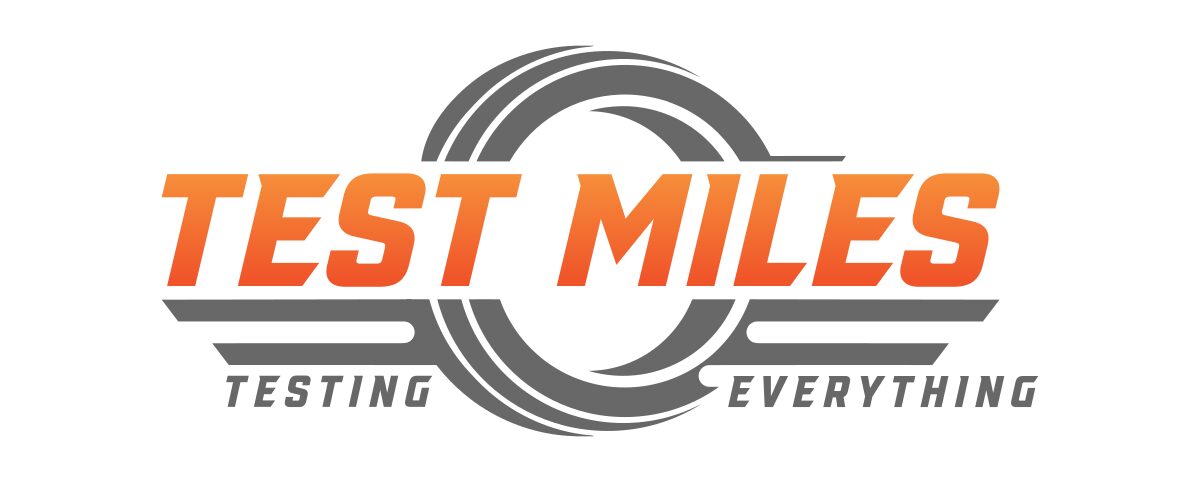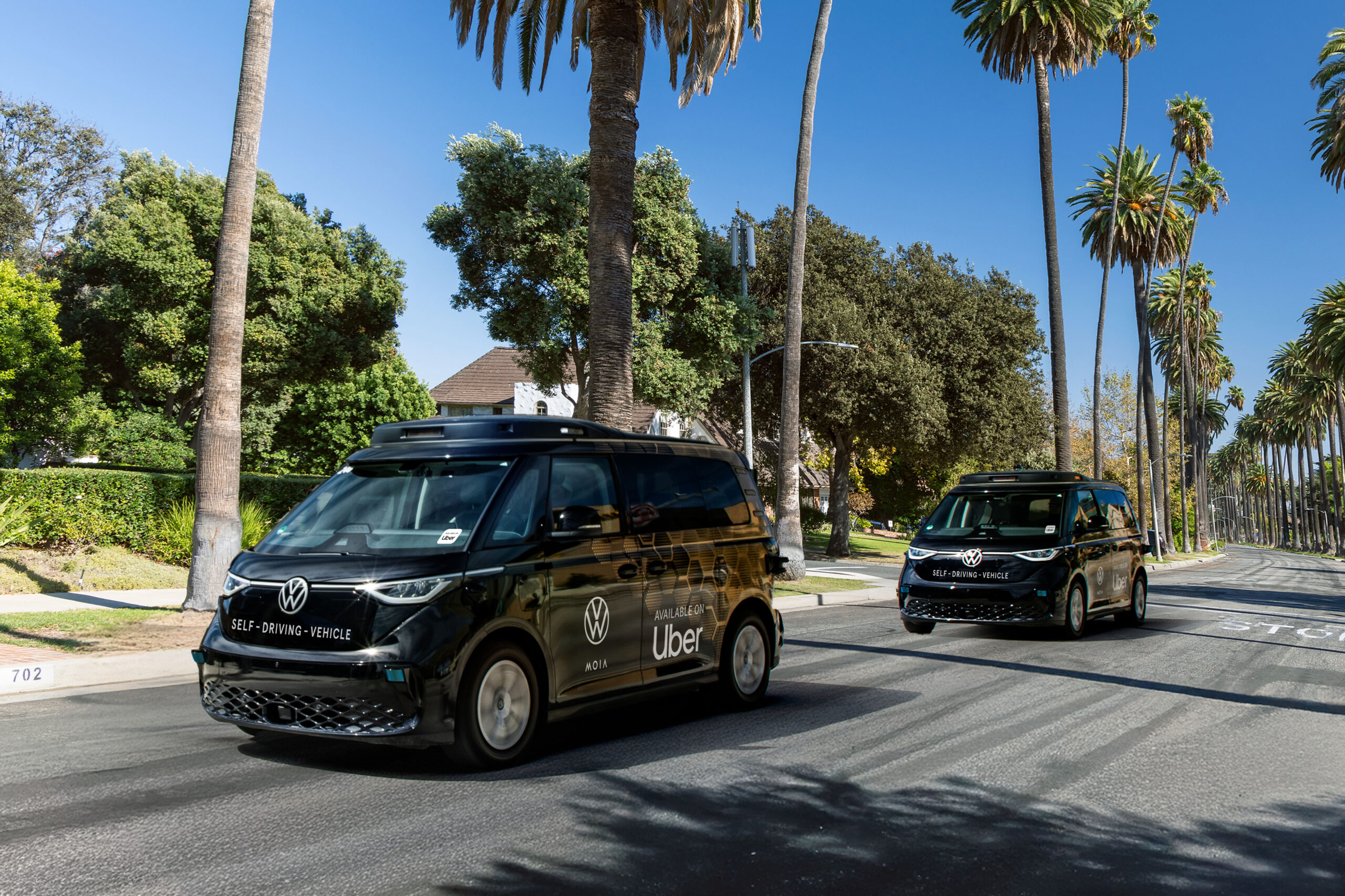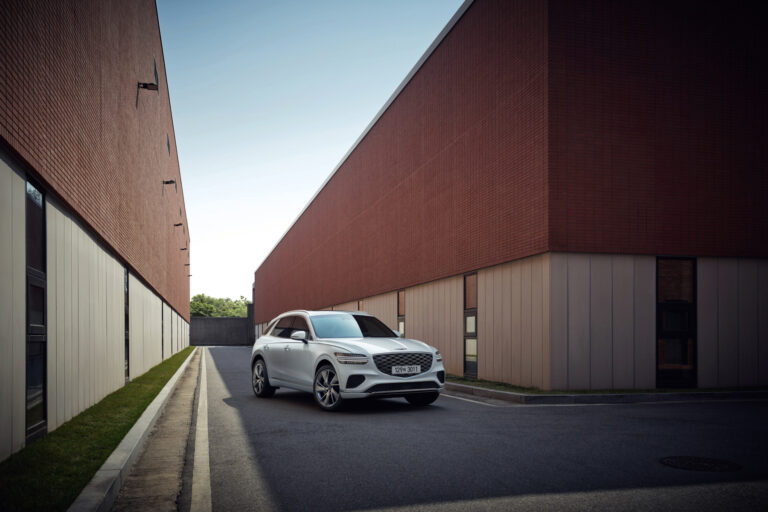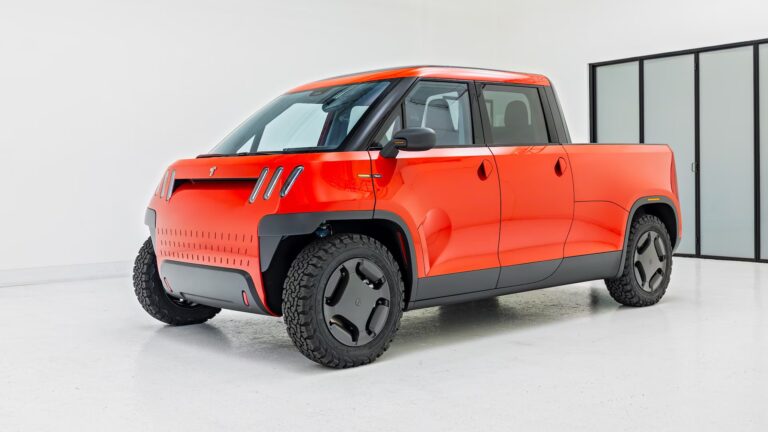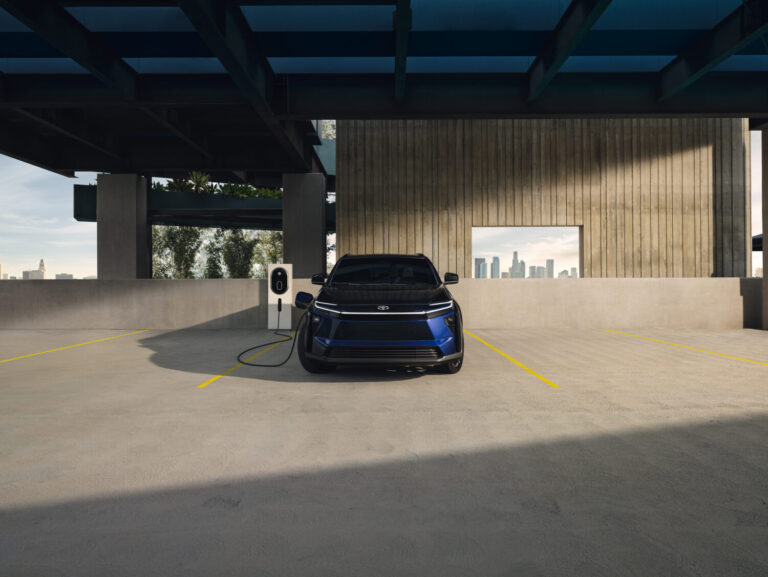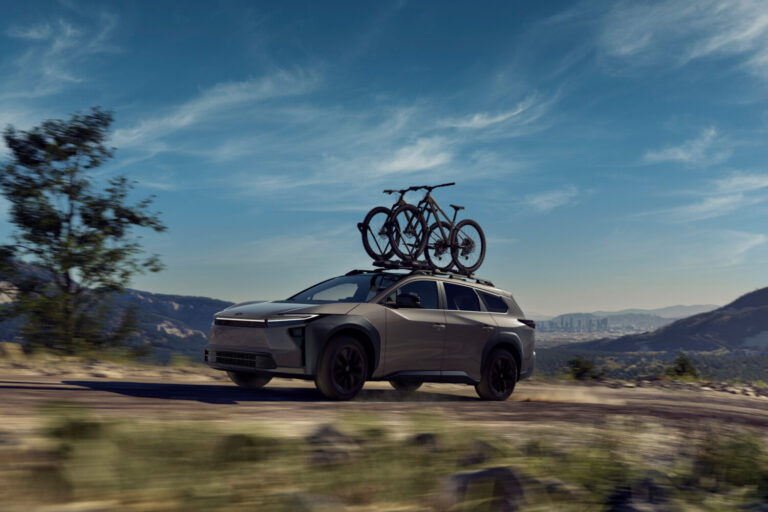Volkswagen’s $44 Billion Impact: Driving the U.S. Economy
New data shows Volkswagen Group and its dealerships now support over 164,000 U.S. jobs, thanks to a sharp increase in manufacturing and R&D since 2019.
It’s not just about German engineering anymore. Volkswagen has been busy under the hood of the U.S. economy, and the numbers are in: the automaker and its network of dealers now power more than 164,000 American jobs and contribute nearly $44 billion in economic output. That’s according to a new Deloitte study commissioned by Volkswagen Group of America. Not bad for a company whose most iconic vehicle was once a punchline with a flower vase on the dash.
Why does this car matter right now?
Because Volkswagen isn’t just a car company anymore it’s an economic engine in the U.S. The study released by Deloitte in mid-2024 paints a picture of rapid growth since the last analysis in 2019. Manufacturing jobs tied to VW increased by 30%, and research and development roles jumped 16% numbers that matter in a year when the federal government is pushing hard to bring critical industries back onshore.
In an election cycle dominated by talk of tariffs, reshoring, and American-made values, Volkswagen’s rising tide of U.S. investments could give the German automaker a competitive edge against rivals who continue to rely heavily on foreign labor. With production humming at its Chattanooga, Tennessee plant and Audi operations expanding in Virginia, the message is clear: VW isn’t just selling cars in America it’s building its future here.
How does it compare to rivals?
Volkswagen’s $44 billion footprint is a direct challenge to American legacy automakers like GM and Ford, who’ve traditionally worn the “made in America” badge with pride. But while Detroit is laying off workers and realigning plants to chase elusive EV margins, VW is doubling down on U.S.-based R&D, manufacturing, and retail presence.
The study highlights six states California, Florida, Michigan, Tennessee, Texas, and Virginia as economic strongholds for the Group. That includes not only VW and Audi operations, but also suppliers, logistics, construction, and induced employment in local economies. Compared to Toyota or Honda, whose U.S. footprints are similarly robust but less publicized, VW’s growth has been especially pronounced in areas critical to electrification and tech integration.
It’s also worth noting that while Tesla may dominate headlines, its dealer-less model doesn’t ripple through communities in quite the same way. VW’s traditional dealership structure contributes significant local tax revenue and employment something even Rivian and Lucid can’t replicate at scale yet.
Who is this for and who should skip it?
If you’re an American policymaker, economic development officer, or car buyer interested in supporting domestic growth, this matters. The study isn’t about branding or PR fluff it’s about job creation and sustained investment in real communities. Whether you’re buying a Jetta in Jacksonville or servicing an Audi in Austin, your dollars are moving through a broader economic engine.
For those who believe foreign automakers don’t contribute meaningfully to the U.S. economy, this report offers a well-sourced rebuttal. That said, it won’t matter much to buyers solely driven by sticker price or die-hard fans of homegrown brands. But for consumers who want performance, design, and a sense that their purchase fuels local jobs, VW’s current trajectory is a compelling counterargument to old-school brand loyalty.
What’s the long-term significance?
Volkswagen’s economic story isn’t just a nice headline it’s a preview of where the auto industry is heading. As governments demand local investment in EV production and battery tech, automakers must prove they’re not just shipping steel, but investing in people. VW’s approach could set the tone for global automakers navigating the next generation of trade policy, sustainability, and automation.
Additionally, Volkswagen’s U.S. expansion may serve as a hedge against trade turbulence. In a post-tariff world, manufacturing cars closer to where they’re sold just makes sense. And for VW, the American market remains a cornerstone of its global strategy especially with ambitious EV targets on the horizon.
Dr. Kjell Gruner, CEO of Volkswagen Group of America, summed it up plainly: “We’ve grown our manufacturing footprint and advanced our R&D capabilities to drive meaningful economic impact in the communities where our valued team members live and work.” Translation? They’re not going anywhere and the checkbook is open.
With competition intensifying and voters watching how multinational companies show up in the U.S., VW’s $44 billion statement isn’t just about business. It’s about belonging.
Like what you’ve read? Stay in the driver’s seat with more insider automotive insights. Follow @NikJMiles and @TestMiles for stories that go beyond the press release.
